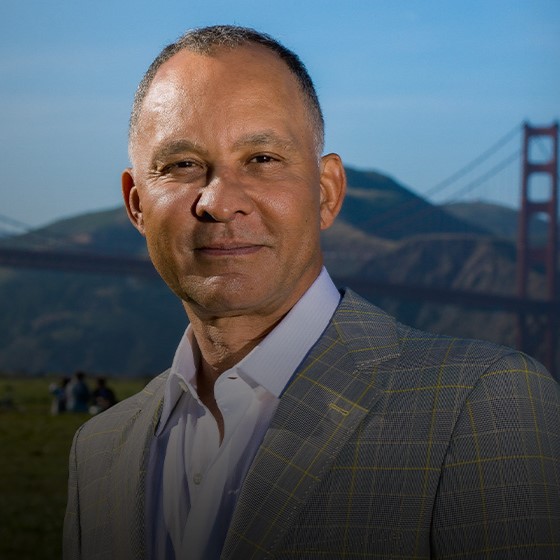
Puffy- nipples | Gynecomastia (male breasts) before and after
The results of gynecomastia surgery should be natural-looking and help men achieve a flatter chest. Unfortunately “puffy nipples” after gynecomastia surgery seems to be a common problem; it is mentioned frequently on the forums on this site and the popular website “Real Self.” Read on to learn why some men may have puffy nipples after gynecomastia surgery, how this can be corrected, and more.
Gynecomastia Overview
To begin, let us give a brief overview of gynecomastia and how to treat it. Gynecomastia is a condition that can affect males of all ages, resulting in enlarged breasts. It is most often caused by imbalanced hormone levels, though it may also be caused by the use of anabolic steroids, some recreational drugs, or certain prescription medications.
To diagnose gynecomastia, it is best to consult with a healthcare professional or gynecomastia surgeon. Some patients may believe that they have true gynecomastia, when in fact, their high level of body fat is the cause of their enlarged breasts. These cases are known as pseudo-gynecomastia, which can often be corrected with weight loss alone.
In individuals with true gynecomastia, the most effective gynecomastia treatment is male breast reduction surgery. This is because the cause of enlarged breasts is glandular tissue and excess breast tissue, which cannot be corrected with diet and exercise alone.
What Can Cause Puffy Nipples
In less experienced hands, some gynecomastia surgeons will try to reduce male breast enlargement with liposuction alone which will not remove the breast gland or glandular tissue. Other surgeons are very conservative in the surgical removal of breast tissue for fear of a “crater deformity.” In both cases, “puffy nipples” and “crater deformity” will require revision surgery for correction. Gynecomastia revision surgery for a “crater deformity” will involve fat grafts or a fat flap. Revision for “puffy nipples” will require additional excision which will be more complicated due to formed scar tissue from the original surgery.
It is vital that surgeons remove all of the glandular tissue to ensure that puffy nipples do not occur following surgery. When this is done, the recurrence of gynecomastia is very rare.
The Best Way to Avoid Complications Like Puffy Nipples
Overall, it is imperative to choose a board-certified plastic surgeon who specializes in gynecomastia surgery to avoid puffy nipples. Sculpting the chest with the right balance of remaining fat and breast tissue is an art and needs to be performed by an expert. If too much breast gland is removed a “crater deformity” will be the result. If too much gland is left behind the areola /nipple complex it will push outward and “puffy nipples” will be the result.
When choosing your gynecomastia revision surgeon, do your homework. Be sure your surgeon has experience in revision surgery. Also, ask to see before and after pictures of patients who have had corrective surgery. This will help to give you a clearer idea of what the surgeon can accomplish.
Gynecomastia Surgery in San Francisco and Novato
If you are experiencing gynecomastia symptoms or are bothered by enlarged male breasts due to gynecomastia, gynecomastia surgery may be right for you. Please contact Dr. Delgado today to schedule a consultation appointment. During this consultation, he will discuss your health conditions, health history, and your desired results to create a personalized treatment plan for you.
Gynecomastia/Puffy Nipples FAQs
What are the symptoms of gynecomastia?
While some individuals only experience enlarged breast tissue and/or excess breast tissue in one or both breasts, others may also experience further symptoms such as puffy nipples, sensitivity in the nipple area, nipple discharge, and breast pain or discomfort.
What do puffy nipples look like?
Puffy nipples have a noticeable cone shape, causing the areola to appear puffed out. They may be more pronounced during warmer temperatures, which can be distressful for individuals during the summer when many males go shirtless. Most patients with puffy nipples who visit Dr. Delgado explain that they avoid situations that involve taking their shirt off or tight clothing such as physical activity or spending time at the beach due to their gynecomastia and puffy nipples.
How do I know if gynecomastia surgery is right for me?
Overall, treating gynecomastia effectively depends on the underlying cause. Meeting with a board-certified plastic surgeon is a great chance to discuss your treatment options. Those with true gynecomastia often find that breast surgery is an effective option for them.
Do all males with a hormone imbalance develop gynecomastia?
No, not all men with hormonal imbalances will acquire gynecomastia. Though, those with certain changes in testosterone levels and estrogen levels may develop this condition. Individuals who take certain medications such as those to treat prostate cancer may also experience gynecomastia. The best way to determine if you have gynecomastia is to seek advice from a healthcare professional.
Do all surgeons perform gynecomastia surgery?
No, not all surgeons perform male breast reduction. To ensure that you employ the best possible surgeon for your individual case, you must be sure to do your research. Specifically, seek out board-certified plastic surgeons who have experience performing techniques to correct gynecomastia.

